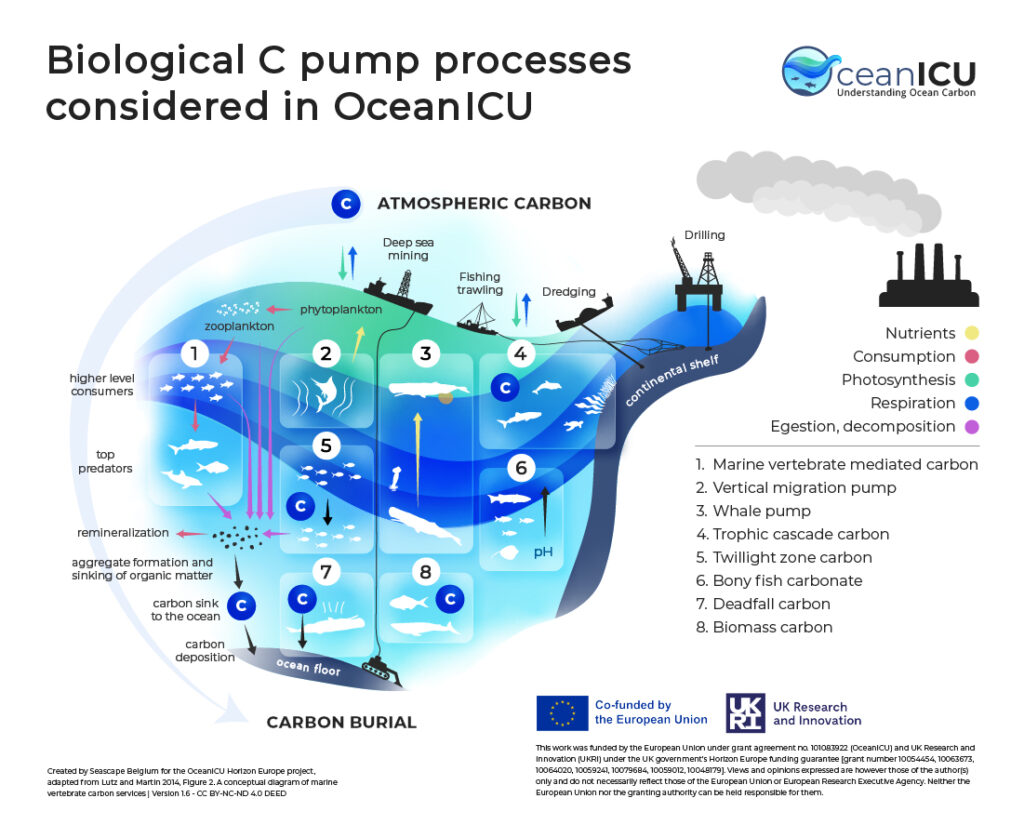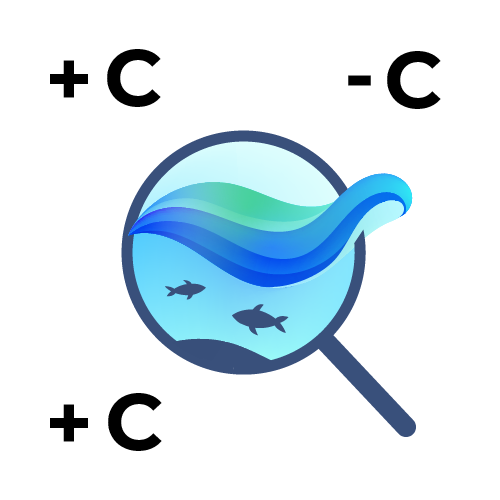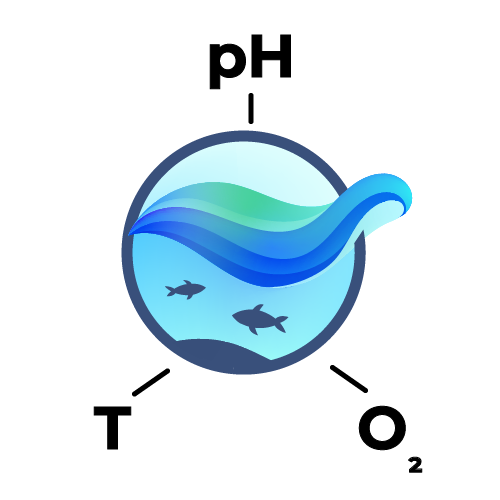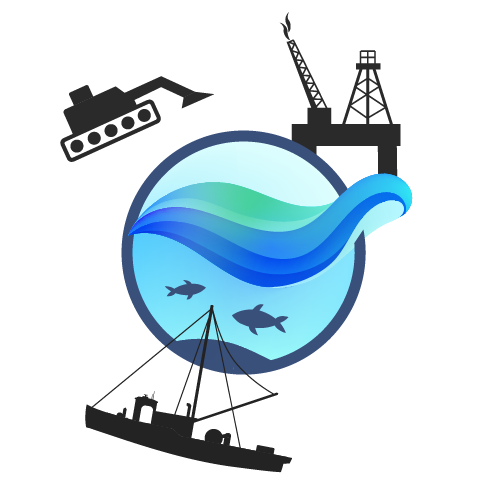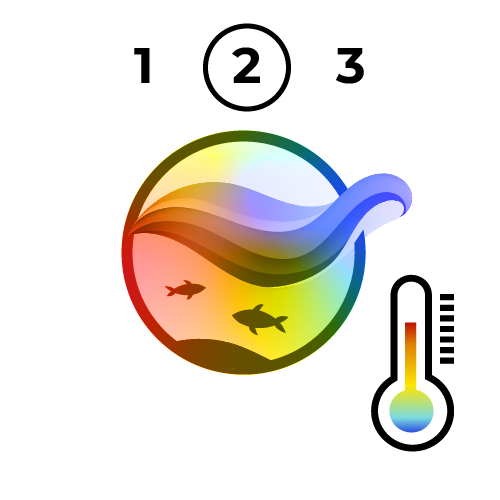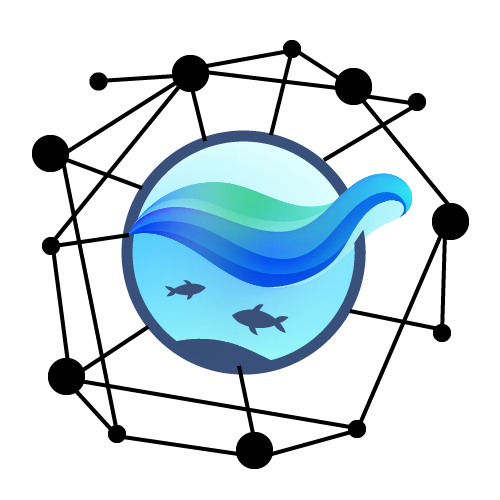Collaborate and co-create to incorporate industry views and produce societally-relevant outputs
What OceanICU can do for you.
The OceanICU team is working directly with representatives from the fishing and mining industries, along with the wider blue economy in order to assess the current understanding, perceptions, and needs of these stakeholder groups in relation to Ocean carbon.
The OceanICU team will then work with the industry stakeholders to identify key emerging threats and trajectories to industry and/or expected changes which may affect interactions with the Ocean carbon cycle. These findings will then be used to define scenarios of interest and societal relevance for use in decision support tools, and to produce a multi-sectoral, multi-pressure oceanic carbon risk assessment to enable identification and prioritisation of societally-relevant carbon-related impacts and threats, and their impacts on associated ecosystem services.
If you are an Industry stakeholder interested in participating in the OceanICU dialogue, please sign up here to learn more.
Webinars
- Webinar 2 – Fish Carbon
- Webinar 5 – Industrial Carbon and Mining
- Webinar 3 – Managing and Protecting Ocean Spaces for Climate, Biodiversity and People by 2030 – COP28 Virtual Ocean Pavillion Session
News
Get to know our team!
Design Support Tools (DTS’s) are software applications that encapsulate repetitive computational tasks informed by Data Science, the results of which are displayed in a graphical format and present simulated outcomes based on various parameters. They are commonly used in business, science and industry to help subject matter experts and managers inform their decisions. For information on how the OceanICU team seeks to develop customised DST’s to address the project’s objectives, please see the Work Package 7 work plan and subscribe to our newsletter for future updates.
 Overall structure of OceanICU. WP1 will manage the project. WP2 will establish the current state of the Ocean C cycle, WP3,4,5 will assess, in conjunction with WP6, the importance of biological and industrial processes in controlling the ocean C cycle. WP 7 will create DSTs based on climate and scenarios developed in WP8.
Overall structure of OceanICU. WP1 will manage the project. WP2 will establish the current state of the Ocean C cycle, WP3,4,5 will assess, in conjunction with WP6, the importance of biological and industrial processes in controlling the ocean C cycle. WP 7 will create DSTs based on climate and scenarios developed in WP8.
OceanICU is organised into eight focused work packages
Biological C pump processes considered in OceanICU
OceanICU will improve our understanding of the Ocean C Cycle. The Ocean carbon cycle plays a crucial role in regulating the global climate, taking up approximately 25% of the CO₂ emitted into the atmosphere and separately storing massive quantities of carbon in the Ocean interior, much of it via a series of processes known as the biological carbon pump.
Recent work suggests a much higher level of complexity in the biological carbon pump functioning than previously thought, including important roles for higher trophic level organisms and a broad range of fish associated processes. Looking to the future, humanity will become increasingly reliant on the Ocean for resources via fishing (protein), mining (trace metals) and energy extraction (wind). The European Green Deal demands that we develop ways to undertake these resource extraction activities in a climate neutral way. The consequences of these resource extraction activities (e.g. biomass removal via fishing or suspended sediment generation via industrial processes) disproportionately impact the higher Trophic levels, which are crucially important in the global carbon cycle but poorly understood. The project results will help Science fill these important knowledge gaps.
